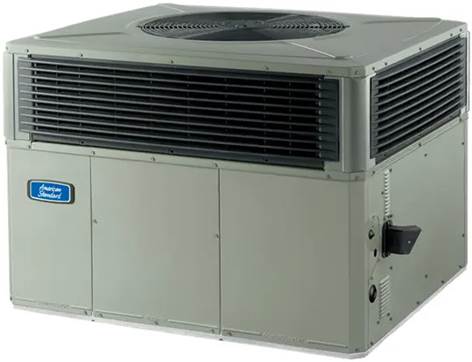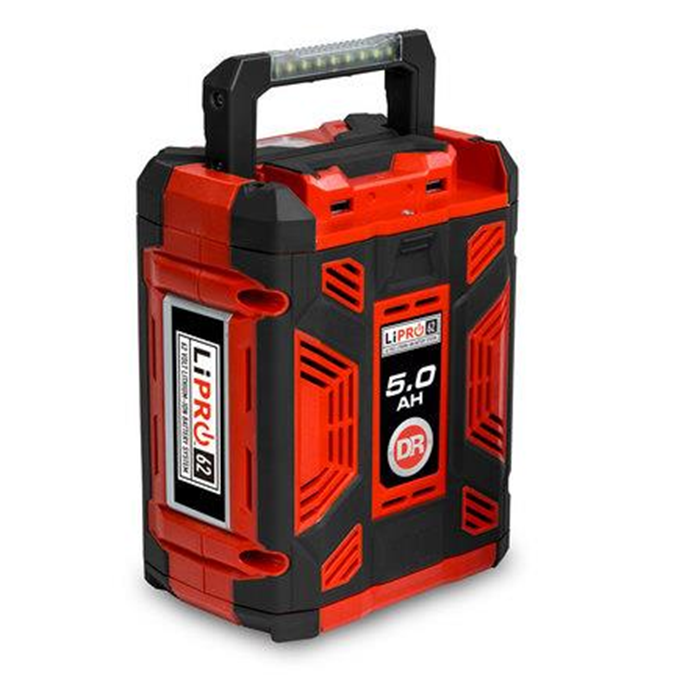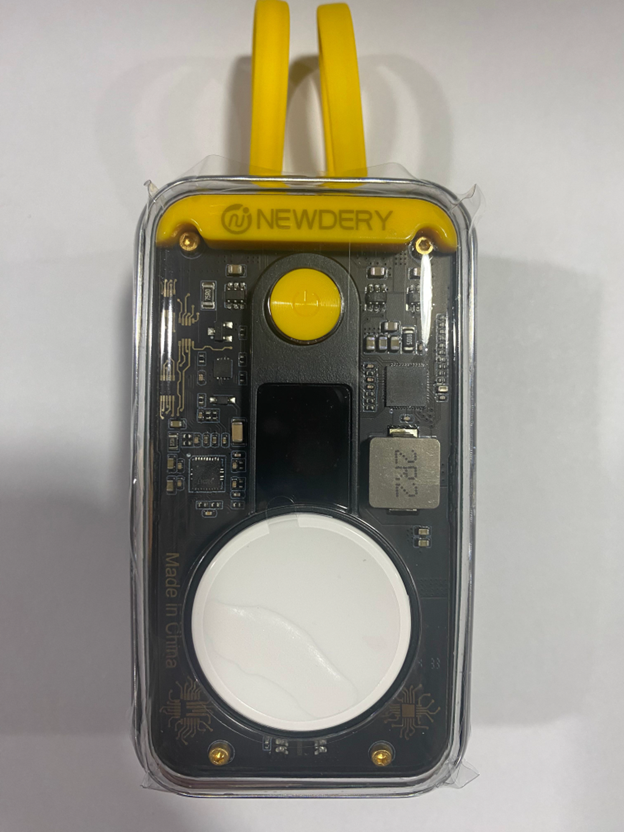
The ABC’s of ACV in Subrogation Claims
Overview | Blog Posts | Subrogation & Recovery | Aaron Jacobs | Related | Print | Share
August 15, 2017
Oftentimes, during the course of a subrogation claim, third-party liability adjusters will refuse to pay the full amount of the “Repair Cost Value” (“RCV”) of the damages demanded, and contend that they only owe “Actual Cash Value” (“ACV”), regardless of the amount paid in the underlying first-party property claim adjustment. Oftentimes, this position is not necessarily predicated on a specific legal doctrine or theory, but rather a general “understanding” that is commonly used in the insurance context. The true measure of damages, in the legal context, is always dictated by state law.
In most jurisdictions, the general purpose of an award of damages is to attempt to make the injured party whole to the greatest extent possible. In the case of real property, if the injury is not permanent or where the property can be restored to its pre-loss condition, the measure of damages can include the cost to repair. However, in cases where the cost of repair exceeds the “fair market value” of the property in its pre-loss condition, or where repairing the property is unpractical, the proper measure of damages is typically the “diminution in value,” which is the reduction in the value of the property due to the loss event. In other words, property damages are generally limited to the lesser of the cost to repair or the post-loss diminution in the property’s fair market value.
In the insurance context, the “actual cash value” (“ACV”) is usually used to describe the pre-loss value of the subject property, and therefore, ACV is not necessarily equal to the “replacement cost value” (“RCV”). Rather, ACV is generally determined by subtracting any applicable depreciation from the replacement cost. However, courts in various jurisdictions throughout the country have also indicated that “actual cash value” is synonymous with “fair market value,” unless otherwise defined by policy terms. The development of the case law is indicative of how insurance industry terms have become intertwined with the legal nomenclature pertaining to the measure of damages.
In many cases, it may benefit the subrogating claimant to concede that third-party recovery will be limited to ACV since the case law in most jurisdictions will support the notion that damages would be limited to the “fair market value” or otherwise implement some means of accounting for depreciation and/or betterment. In the end, this concession could save a great deal of time and resources. However, there are some cases where depreciation may not apply or an item is so unique that replacement is the only fair measure of damages available. Obviously, each scenario is unique and should be evaluated independently. In most cases, review or consultation with legal counsel is beneficial and recommended. Nonetheless, this posting is intended to provide subrogation professionals with some general guidance when considering if ACV damages are appropriate when asserting claims against third-party tortfeasors.
For any further questions, please contact Aaron Jacobs.



